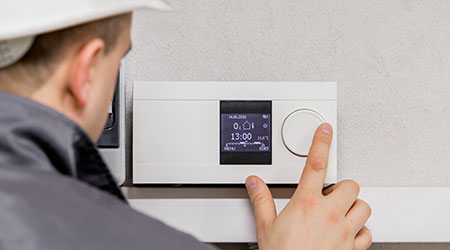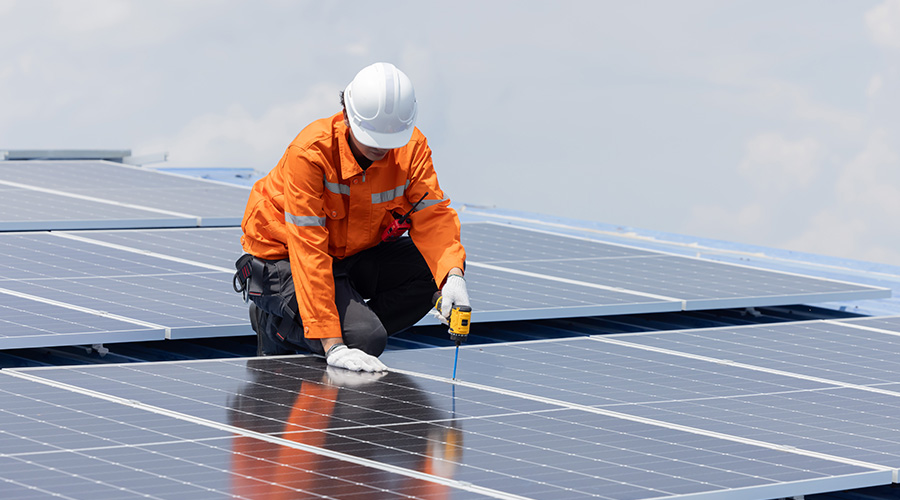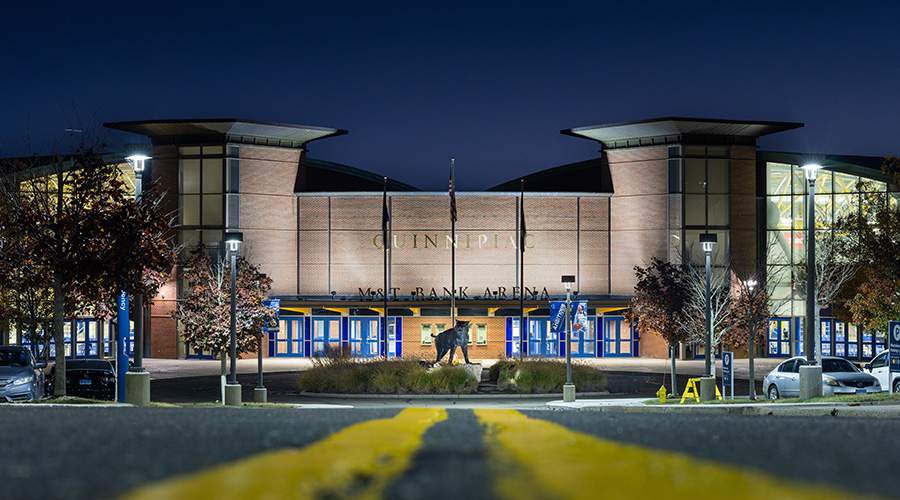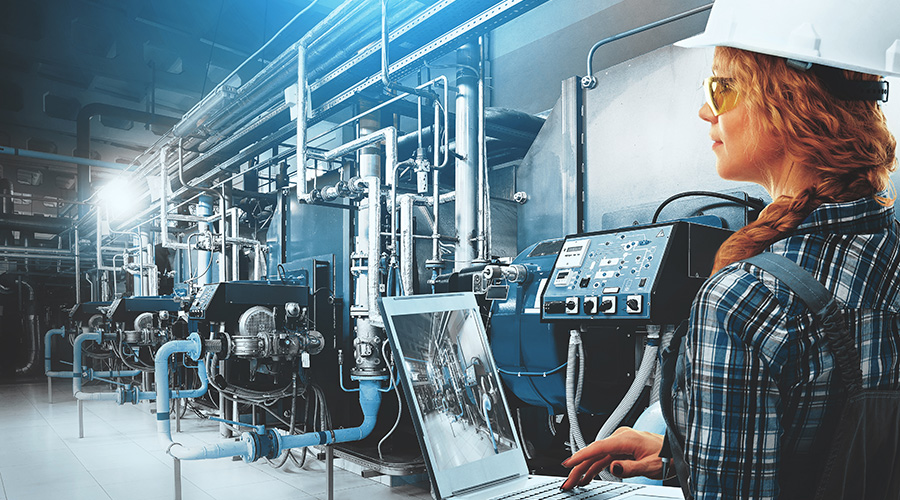Take Advantage of HVAC Opportunities for Energy Efficiency
HVAC upgrades require careful planning. But the result can be substantial energy savings. Here's some advice on how to get upgrades right.
For facility managers looking to improve HVAC energy efficiency in existing buildings, timing is important. When a piece of equipment is scheduled to be replaced, look around for more energy efficient options, rather than simply replacing in kind. That way, it’s only the marginal cost of the more efficient unit that has to be justified by energy savings.
In some cases, a relatively small extra investment can bring significant long-term savings, said Jesse Fisher, associate principal, senior engineer, WB Engineers+Consultants, at NFMT 2019. The domestic hot water system offers some good examples. For instance, when an old water heater needs to be replaced, installing a condensing gas water heater can save energy for a modest additional cost. Other ways to save energy on the domestic hot water system include installing a more efficient recirculating pump and upgrading controls.
Today’s rooftop units can offer substantial energy savings compared to their predecessors. “They’ve come a long way in the past 15 years,” Fisher said. Look for economizers, single-zone VAV capability, supply air temperature reset, and duct static pressure optimization; these features can offer significant efficiency improvements for a relatively modest premium.
HVAC upgrades call for careful analysis, Fisher said. For example, variable frequency drives should be applied only to variable loads or they may not produce the expected savings. Additionally, other system updates are likely needed, such as inverter duty motors and revised equipment controls.
Related Topics:















